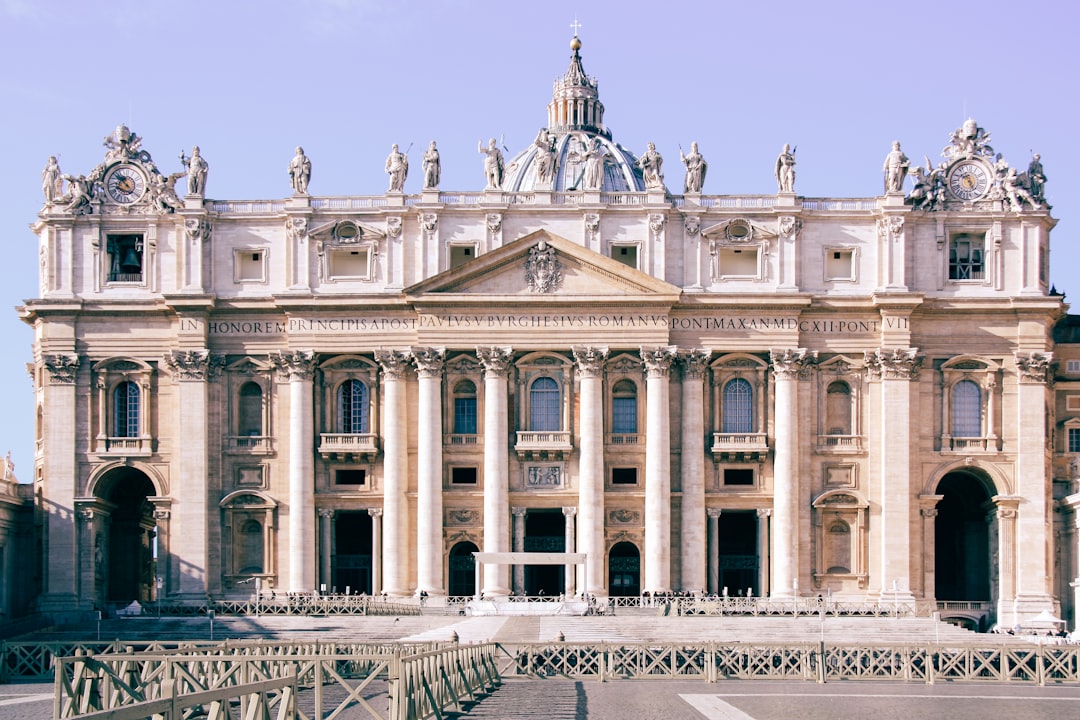What is it about?
Catherine of Siena is famous as a saint and mystic. But she also left a body of written work. In her writings, Catherine offers not only spiritual guidance, but also guidance on how to approach political life in an Italian city state. She drew on longstanding traditions of civic political thought.
Featured Image

Photo by Pedro Lastra on Unsplash
Why is it important?
This is the first study to place Catherine's works within the 'common good' tradition of medieval political thought. It aims to widen the canon of medieval political thought to include Catherine alongside better known male figures, such as Thomas Aquinas and Remigio de'Girolami. It proposes that works which have been written off as unworldly mysticism made important – and neglected – contributions to high medieval and early Renaissance thinking about politics.
Perspectives
When I first read Catherine's works I was surprised and delighted to see that she was writing in a language I recognised from better-known (and male) thinkers of the period. The history of political thought has a long history of unjust erasure of women. I hope to make some small contribution to redressing the balance.
Eloise Davies
University of Cambridge
Read the Original
This page is a summary of: Catherine of Siena: a Dominican political thinker in fourteenth‐century Italy, Renaissance Studies, December 2019, Wiley,
DOI: 10.1111/rest.12633.
You can read the full text:
Contributors
The following have contributed to this page










